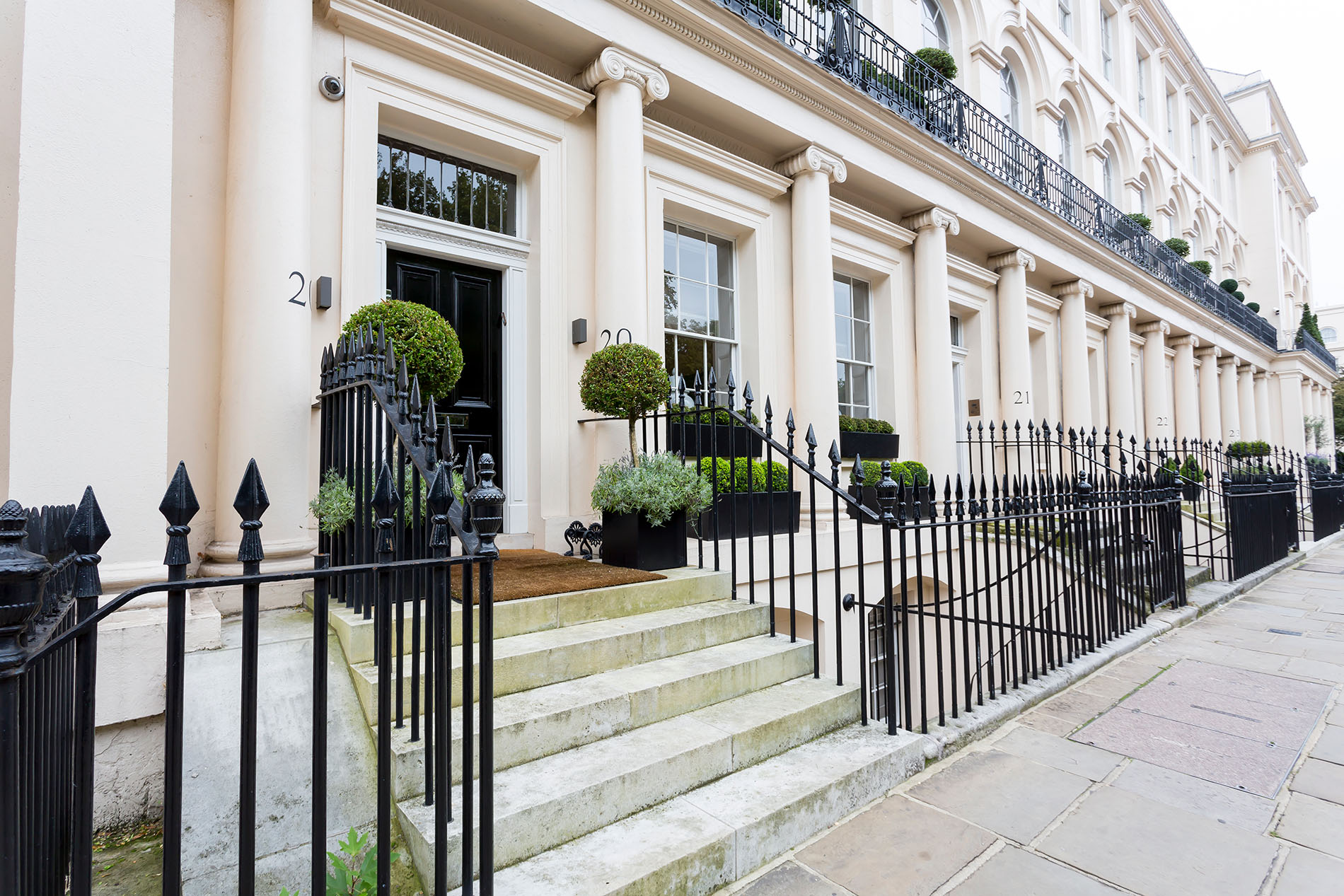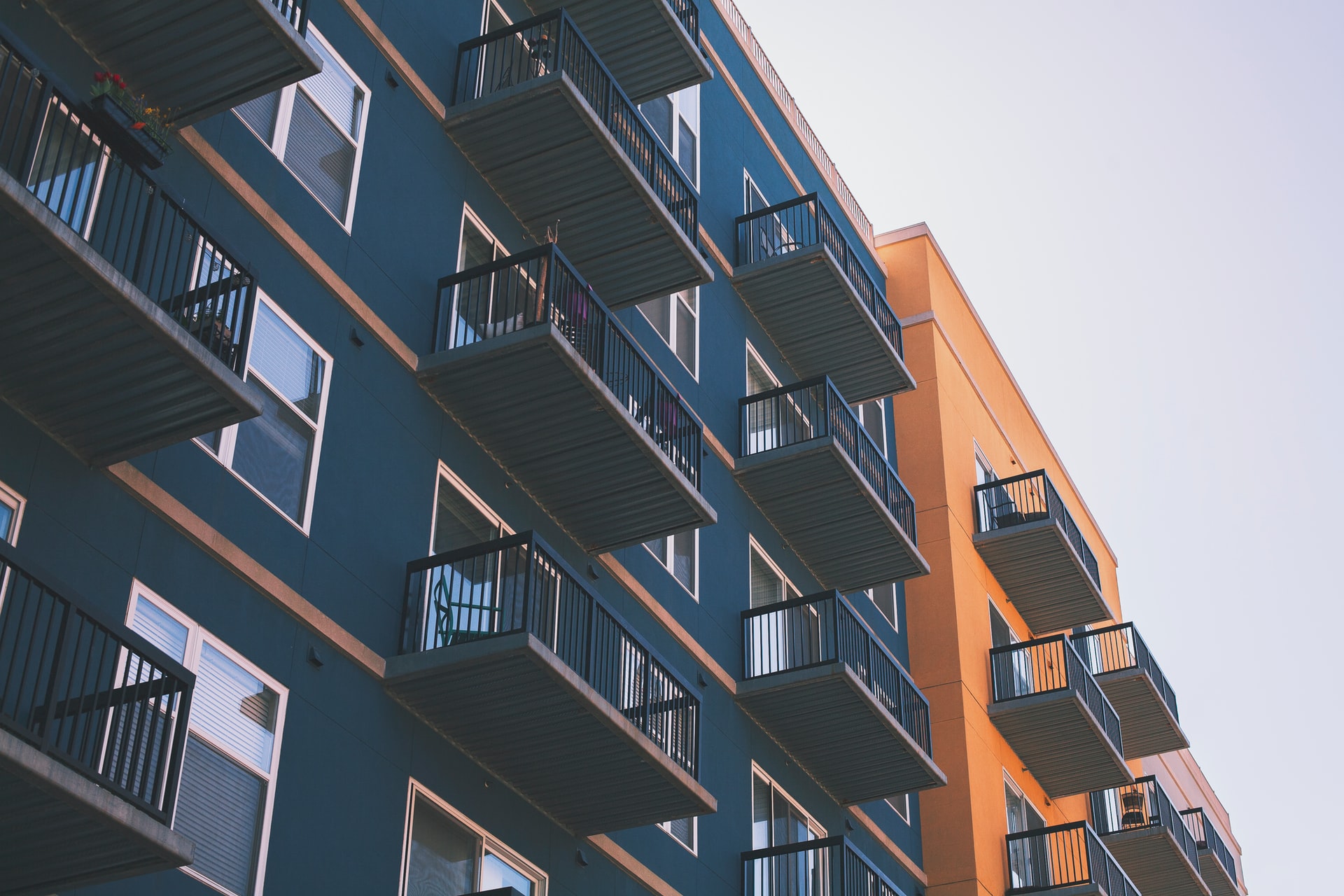Darren Bagnall from Manage Your Block discusses the differences between freehold and leasehold.
Land ownership law is a complicated thing; with leasehold and freehold properties available and not too much information about the differences being made clear at the point of sale. The issue gets even more complicated when it comes to purchasing a flat…
Who owns the freehold? Can it be sold on? Are there any caps on the service charges, ground rents and admin fees the freeholder can charge? What rights do you have as a leaseholder? Do you have the option to buy the freehold?
These are all questions you should be asking when purchasing a property, and a good understanding of the difference between freehold and leasehold is paramount.
Freehold
Freehold ownership refers to ownership of land and everything that is built on that land.
A ‘freehold property’ is one which is owned by the same person who owns the land on which it is built; commonly referred to as the Landlord. Freehold ownership is unlimited- it is ongoing until sold by the landlord or passed on as inheritance.
Leasehold
Leasehold properties are built on land owned by a freeholder/landlord and the property is therefore leased to the leaseholder. Anyone who ‘buys’ a leasehold property owns the right to reside in the building or unit only (not the land it is built on) and only for the length of the lease.
You are effectively buying the right to live on the land for the length of the lease. When the lease expires, the land and all properties on it become the property of the freeholder. Leaseholders have the option to apply to extend the lease to continue their residency.
Why Do We Have a Leasehold and Freehold System?
The system stems back many centuries into our outdated land ownership history; back when Lords would own all the land in their vicinity and lease the right to live on that land to the common-folk.
This system had crept along into our modern world and the potential for unfairness and exploitation within it has been much-discussed lately. Until there is a huge overhaul, the current system is here to stay.
Positives of Owning a Freehold Property
When buying freehold, you have full control over the building and land. It’s up to you how it’s used and what happens to it. You have no worried about having pets or smoking indoors- and all building work/extensions are up to you, subject to planning permission.
You can buy the property safe in the knowledge that there will be no additional or hidden fees. You will not be subject to ground rent, admin fees or service charges.
There will be no time limit on your ownership of the property- it is yours until you decide to sell it or until it’s passed along as inheritance.
Negatives of Owning a Freehold Property
Freehold properties are more expensive to purchase. You may well save compared to what you would pay out in charges as a leaseholder but the initial outlay will be higher.
If you’re looking for a flat to suit your lifestyle or budget, you won’t have much luck looking for a freehold property. Flats in the UK are almost exclusively freehold.
You are responsible for the upkeep of the building- no service charges means no annual maintenance plan, no one to choose contractors or schedule works. It all comes down to you as the freeholder.
You are also responsible for insuring the property appropriately.
Positives of Owning a Leashold Property
Leasehold properties are cheaper to buy and you’re more likely to find a flat if you go down this route. You’re also likely to find a great deal if you go for a property with a shorter lease as they decrease in value as the lease runs out.
Leasehold properties are looked after by the freeholder. The roof, communal areas and exterior will be repaired and maintained in line with the lease using your service charges, so no unplanned major expenditure should come your way.
There are controls around how much freeholders can spend on major works and the Section 20 consultation procedure will ensure that your service charge funds are handled appropriately.
Many leasehold properties are part of apartment complexes which provide communal living and additional extras such as gyms, parking, swimming pools and gardens.
Your freeholder will arrange the necessary insurance to protect the building, and your investment.
Negatives of Owning a Leasehold Property
In addition to your mortgage, you will be subject to service charges, ground rent and admin fees. You may also be asked to contribute to a ‘reserve fund’ for major works such as roof repairs. Check your lease for details. Also, make sure to note whether or not the freehold can be sold and if the service and ground rent charges are capped.
As your lease runs out, the value of your property decreases, and extending the lease can be a very expensive process. Many leaseholders face a bill of up to 20% of the property’s value.
You will have very little say in how the property is looked after; who is appointed to work on the premises, what colour the building is painted etc. Your unit is your responsibility, but the communal areas are looked after by the freeholder.
If you’re a smoker or have a pet, you’ll need to find a leasehold property with a lease that allows this. You should also check the lease for rules around decorating your unit as some can have restrictions in place.
In Conclusion
If you prefer city living with amenities such as parking and an on-site gym, a leasehold flat may work well for you (as long as you can budget long-term for the additional monthly charges).
If you’re looking for a family home with no time limits or ongoing monthly costs (although repairs and upkeep will be down to you), then a freehold house may be better for you.
There are perks to both and drawback to both- as long as you know exactly what you’re paying for, and how much you’ll be paying in the future, then the choice is yours.
Manage Your Block aren’t here to tell you how to run your block of flats, but we can provide you with highly specialised software to make the management of your block much easier. Call us for more details on 0333 577 9070 or email info@manageyourblock.co.uk.


